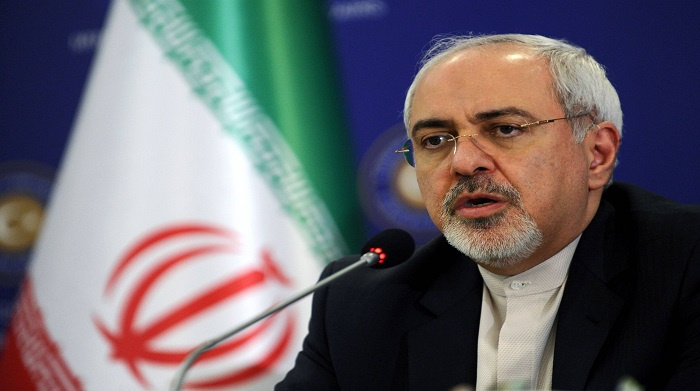Review of Foreign Policy in 1395

The Iranian Year 1395 was full of ups and downs and issues of concern in the foreign policy of the Islamic Republic of Iran. Basically, the past year was full of tumultuous events for the West and today’s modern world.
The nuclear agreement (JCPOA) was the result of twelve years of difficult negotiations to achieve peaceful nuclear energy, preparing the ground for an active diplomacy in the 11th administration. Of course, one group inside Iran expressed deep concerns about the content of this agreement while another group stated that this was the best possible agreement under the circumstances of a win-win policy. Through this agreement, all nuclear-related sanctions were lifted while others remained in place because the negotiators were only allowed to negotiate about nuclear issues and not bilateral political differences.
Following the deal, movements against this agreement began in the region. Riyadh and Tel Aviv openly expressed their opposition and were somehow distanced from their main international ally, i.e. the US, during the Obama administration. Following the election of Trump, new regional and international convergence can be seen between the US and these countries.
On the other hand, some Persian Gulf states took more cautious positions with regard to the JCPOA despite their close ties with Saudi Arabia.
At the international level, the P5+1 continued their support of the nuclear deal and there seems to be a rift between the US and other states in this group following Trump’s election.
What the Ministry of Foreign Affairs has done during the 11th administration has been to implement the tactics and techniques of negotiations to reach the macro-policies which were defined by the Iranian National Security Council under the doctrine of heroic flexibility. This shows that, in this administration, the Foreign Ministry and National Security Council have had coordinative and cooperative relations and all measures taken by this ministry were in accordance with this council’s policies.
Considering the fact that Foreign Minister Zarif is one of the most prominent diplomats not only in Iranian history but also in today’s international community, he was able to bring back peace to the Foreign Ministry. Despite the existing frictions regarding the JCPOA, the Ministry of Foreign Affairs has taken acceptable positions with regard to the expansion of relations with other countries and reduction of tensions in the international community.
In 1395 and particularly after the election of Trump in the US, the Ministry of Foreign Affairs has taken prudent and logical positions, under the leadership of Zarif, regarding different political issues including issues related to Saudi Arabia, the Hajj ceremonies, Yemen, Syria and Bahrain to reduce national costs while maintaining national power.

